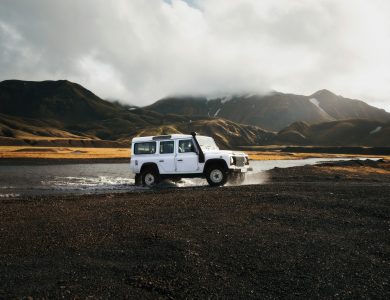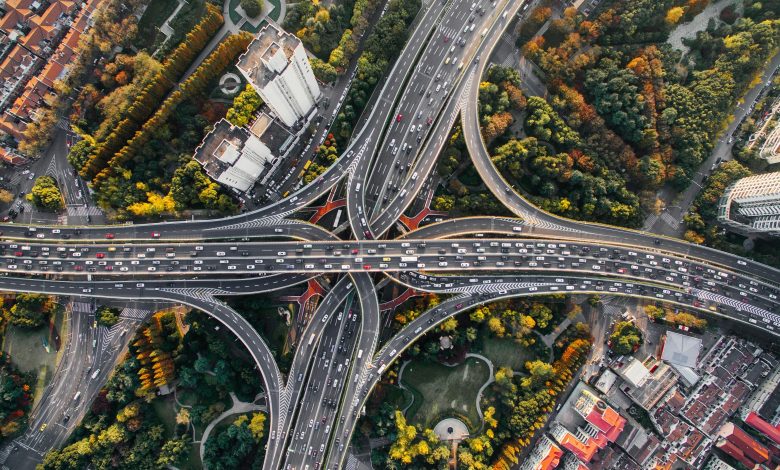
Planning a road trip can be an exciting yet daunting task, requiring a careful balance of spontaneity and organization. With countless routes to explore and destinations to discover, the journey often holds as much allure as the destination itself. However, the success of a road trip often hinges on thoughtful preparation and resourceful planning. This article aims to guide you through the process of planning a road trip using a variety of travel hacks that can enhance your experience, save time, and optimize your budget. From choosing the most scenic routes to finding hidden gems along the way, these tips will equip you with the knowledge to embark on a memorable adventure with confidence and ease. Whether you’re a seasoned traveler or embarking on your first road trip, these strategies will help you navigate the open road with efficiency and enjoyment.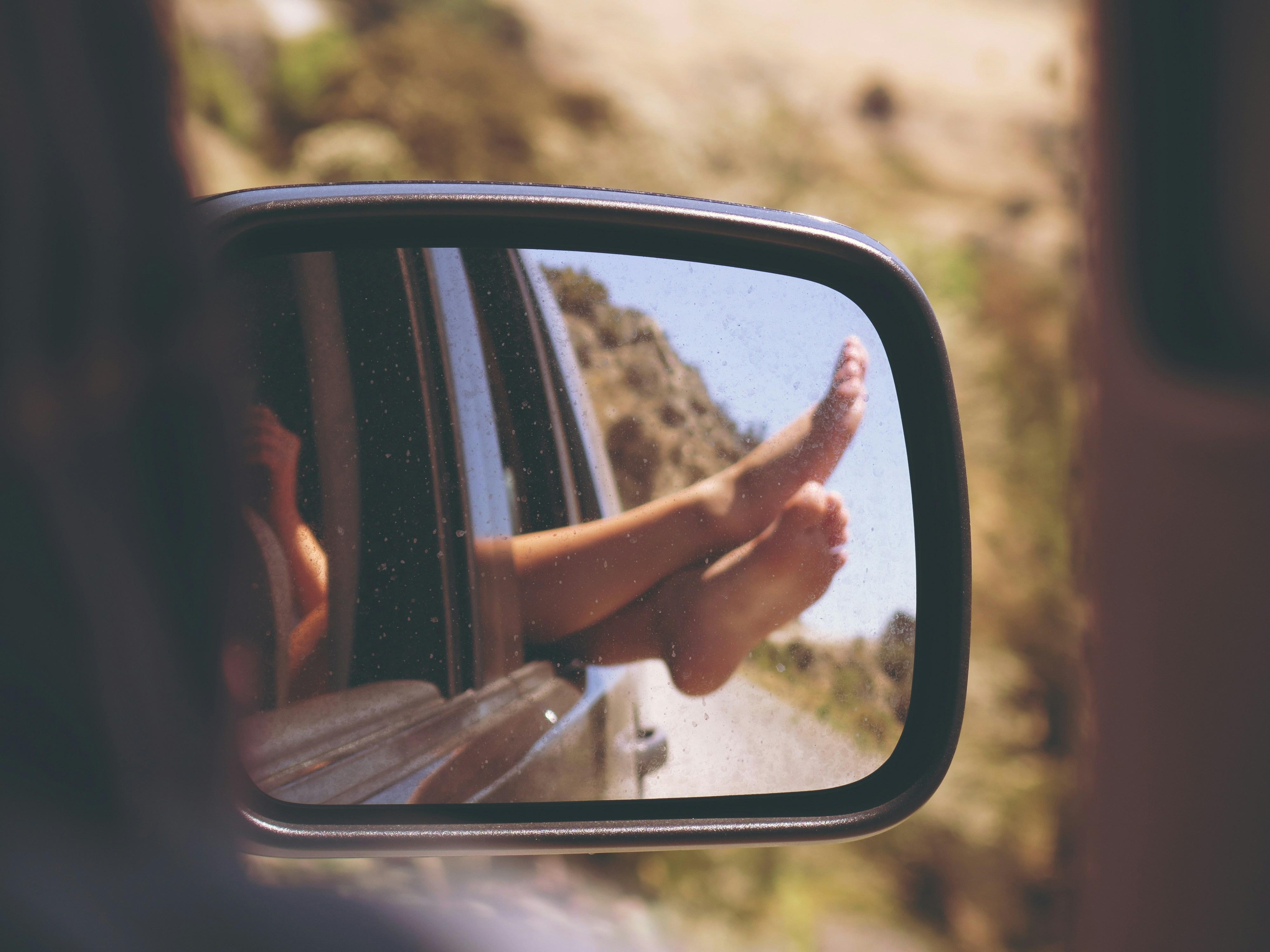
Choosing the Right Vehicle and Preparing It for the Journey
Embarking on a road trip requires careful consideration of your choice of vehicle and its readiness for the journey. Start by assessing your travel needs: consider the number of passengers, the terrain you’ll be traversing, and the amount of luggage you’ll carry. Compact cars may be fuel-efficient and easy to maneuver, but SUVs or minivans offer more space and comfort for longer trips. If your route includes off-road adventures, a 4×4 vehicle might be essential. Renting a vehicle can be a smart choice if your personal car doesn’t meet these criteria.
Once you’ve selected the ideal vehicle, preparation is key to ensuring a smooth trip. Follow this checklist to get your car ready:
- Inspect the tires: Check for wear and tear, and ensure they are inflated to the recommended pressure.
- Check fluid levels: Top up engine oil, coolant, brake fluid, and windshield washer fluid.
- Test the battery: Make sure it’s in good condition and holds a charge.
- Examine the brakes: Ensure they are responsive and not making unusual noises.
- Pack an emergency kit: Include essentials like a first aid kit, flashlight, jumper cables, and basic tools.
With the right vehicle and thorough preparation, you’ll be set for a safe and enjoyable road trip adventure.
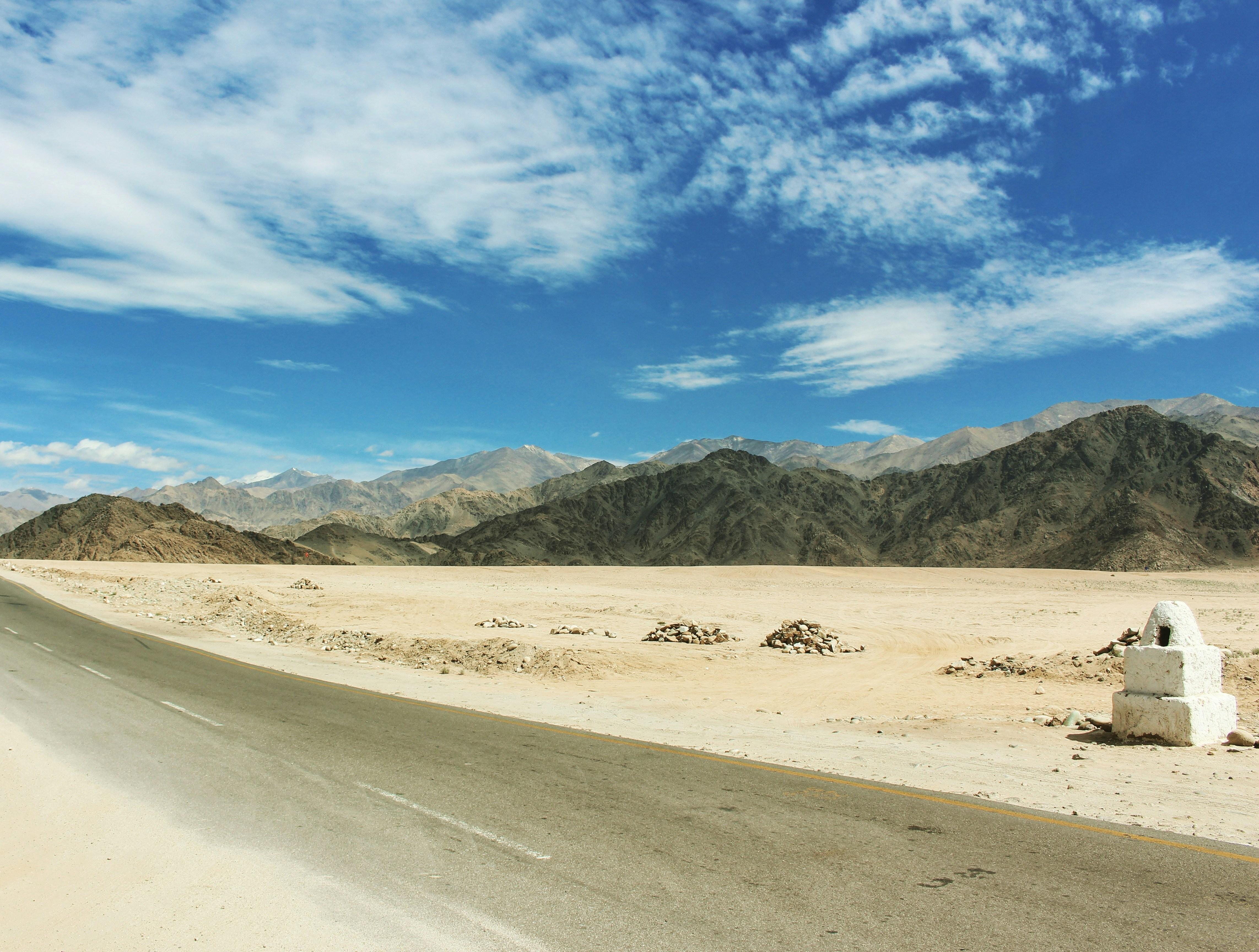
Mapping Out Your Route and Finding Hidden Gems
When it comes to crafting the perfect road trip, the journey is just as important as the destination. Start by using online mapping tools and apps like Google Maps or Roadtrippers to outline your primary route. These platforms not only help in estimating travel times but also suggest popular stops and attractions along the way. To find those hidden gems that make a trip unforgettable, delve into travel blogs, forums, and social media groups where fellow travelers share their discoveries and experiences.
- Leverage Local Expertise: Utilize apps like Yelp and TripAdvisor to find local favorites and lesser-known attractions.
- Customize Your Itinerary: Use tools that allow you to save places of interest, ensuring a balance between well-known landmarks and off-the-beaten-path adventures.
- Stay Flexible: Leave room in your schedule for spontaneous detours, which often lead to the most memorable experiences.
Remember, the charm of a road trip lies in the unexpected. By mixing technology with a bit of local insight, you can uncover hidden treasures that transform a simple drive into a remarkable journey.
Packing Smart with Essential Gear and Snacks
To make the most of your road trip, ensure you pack efficiently with a selection of essential gear and snacks. Start by organizing your travel gear. Space-saving packing cubes can help keep your clothing compact and accessible, while a portable phone charger ensures your devices stay powered for navigation and entertainment. Don’t forget a first aid kit for emergencies and a multi-tool for unexpected repairs. A small cooler is ideal for keeping drinks and perishable snacks fresh, especially during long stretches between stops.
- Healthy Snacks: Opt for protein-packed snacks like nuts and trail mix to keep your energy levels up.
- Reusable Water Bottles: Stay hydrated and reduce plastic waste by refilling at stops along the way.
- Eco-Friendly Utensils: A set of reusable utensils can come in handy for impromptu picnics or meals on the go.
- Compact Blanket: Perfect for outdoor breaks or as an extra layer during chilly evenings.
Planning with these essentials ensures that you’re prepared for the journey ahead, making your road trip both enjoyable and efficient.
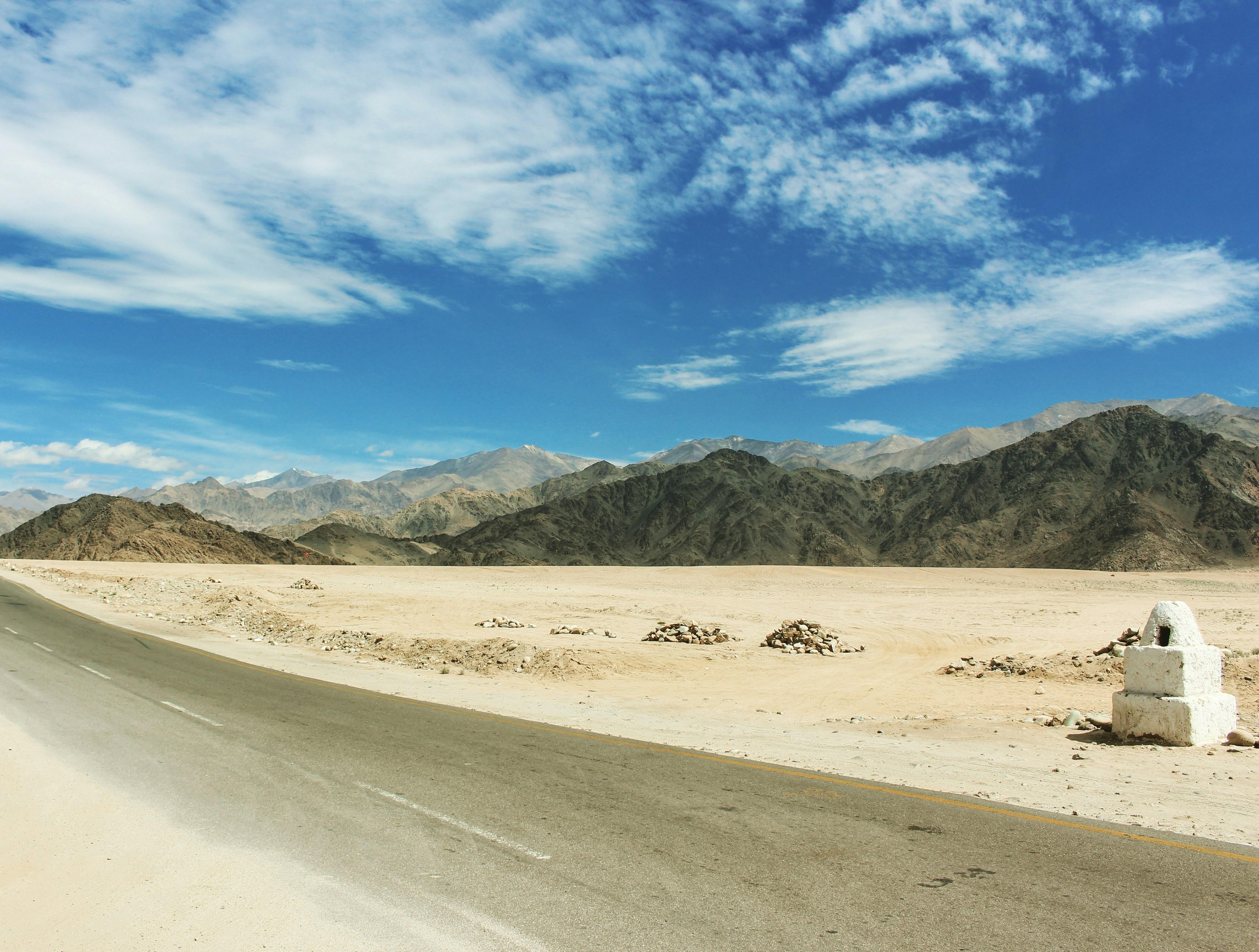
Maximizing Savings on Accommodations and Fuel
Embarking on a road trip doesn’t mean you have to break the bank on accommodations and fuel. By being strategic and utilizing a few clever tricks, you can significantly reduce these expenses. For accommodations, consider alternatives to traditional hotels. Websites like Airbnb or Couchsurfing offer unique and often cheaper lodging options. Additionally, booking last-minute deals through apps can yield surprising discounts. For those open to adventure, camping is an excellent low-cost option, with many national parks offering affordable sites. Also, joining loyalty programs can provide perks like free nights or upgrades, adding value to your stays.
When it comes to fuel savings, planning your route efficiently is key. Utilize apps like GasBuddy to find the cheapest gas stations along your journey. Driving at a steady pace and avoiding excessive idling can also enhance fuel efficiency. Furthermore, ensure your vehicle is well-maintained with regular oil changes and properly inflated tires to maximize mileage. Consider packing light to reduce the load on your vehicle, which in turn can save on fuel consumption. By adopting these strategies, you’ll be able to stretch your travel budget further, allowing for more adventures on the open road.

